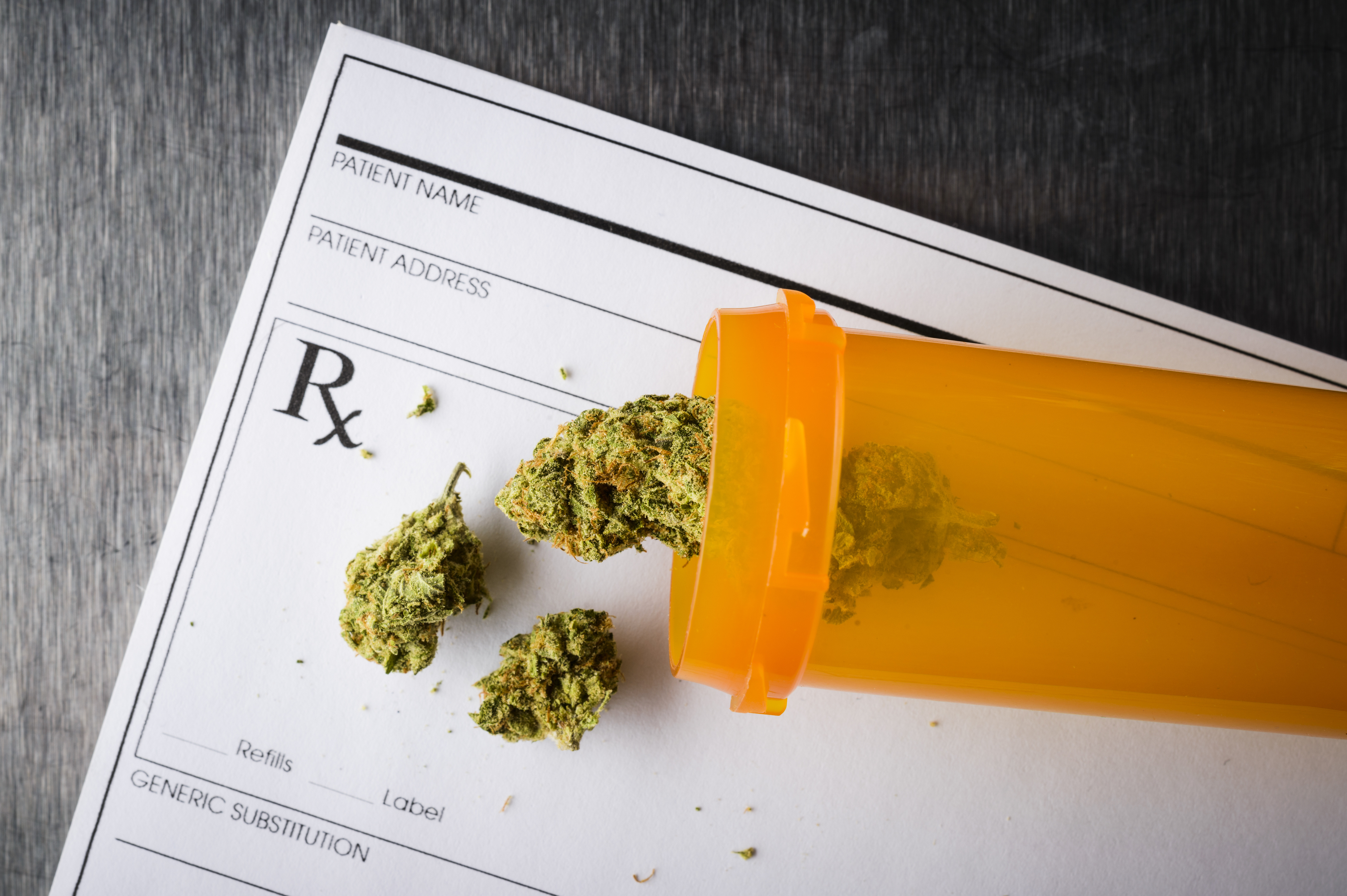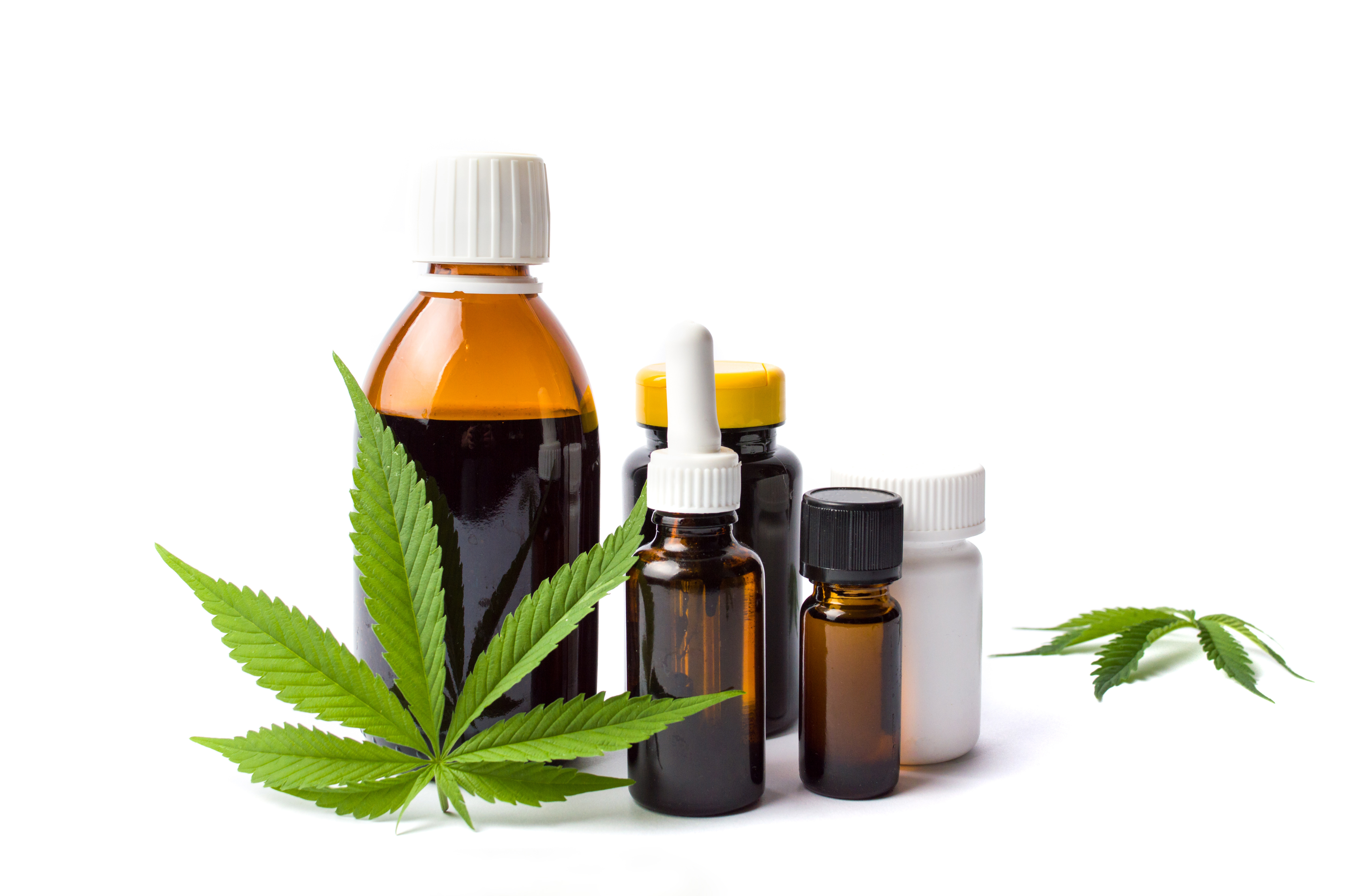Medical marijuana in America has been a hot topic in the medical field, for good reason. The medical use of cannabis is now available with doctor approval in 33 states and the District of Columbia. An additional 14 states have legal medical marijuana with limited THC content, allowing access to products high in cannabidiol (CBD). While marijuana remains classified as a schedule I substance under federal law, the movement for full medical legalization is well under way.
There is scientific evidence that cannabis contains ingredients with therapeutic potential for pain relief, nausea control, stimulating appetite, and decreasing ocular pressure. Because of the complications with opioid addictions, marijuana is an attractive potential alternative to opioid pain medication going forward. However, some barriers stand in the way of full utilization in workers’ compensation cases.

Complications
The major concern with medical marijuana is with dosing. Because marijuana remains federally illegal, there is less pharmaceutical research available. This has prevented physicians from developing appropriate treatment and dosage guidelines. No insurance carrier is willing to allow unlimited dosing for any substance and, with chronic pain, optimal dosage of marijuana can be incredibly difficult.
Another issue is how to reconcile post-accident drug testing. Now that several states allow for recreational use, and coupled with the fact that marijuana can stay in the user’s system for weeks afterwards, it’s impossible to determine whether someone was inebriated at the time of an accident. This suggests that as more states legalize some form of marijuana, it may be time to reconsider the way we test post-accident.
Going Forward
The FDA is putting several policies in place to progress marijuana towards regulation. If the results are positive, we may see FDA approval for more marijuana-based medications. This would make it more likely that doctors would prescribe or recommend the drugs.
One of the methods they are employing is a public hearing to gather scientific data and public comments about the safety, quality, and marketing of various marijuana derived products.
Among the data of interest, is modes of delivery, potency, effects, and potential drug interactions of various compounds. It would also allow people from various professions related to the industry to offer input on the regulation and legality of future marijuana sales.
There are also now several states who are considering legislation that would affect the prescription of marijuana in workers’ compensation cases. In particular, Maryland passed a state bill that would require employers to allow for medical marijuana under certain circumstances. It still needs to be signed by the Maryland House of Representatives, however, and would go into effect later this year.

How to Handle Medical Marijuana as an Employer
- Stay educated on your state’s marijuana laws, particularly related to medical marijuana.
- Keep up to date with your workers’ compensation laws about what substances are illegal.
- Consider updating your company’s policy on drug use, as more information becomes available. Being progressive on your policies may be beneficial to current and future injured workers, by allowing them to get the most effective treatment.





